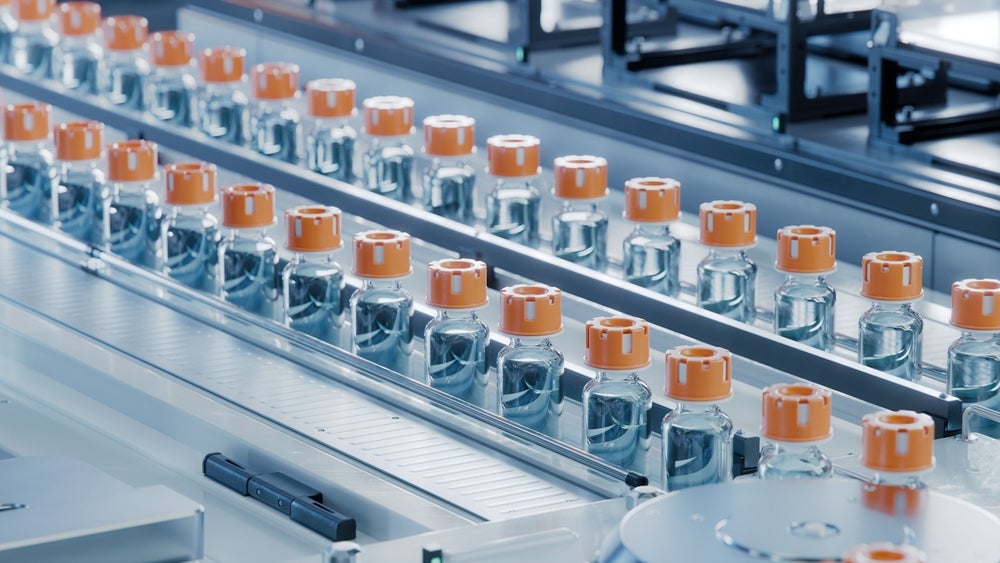STAT+: Gene therapy makers wonder if they can make a profit in Europe. Patients fear being left behind — again
In Europe, pricey, likely life-changing treatments are colliding with cost-conscious national health systems skeptical of some of the therapies' benefits.

LONDON — It was when she was 12 that doctors first raised the prospect of a medicine that could transform the disease Stella Pelteki had inherited into an afterthought.
Pelteki was born with beta thalassemia, a disorder that inhibits oxygen’s flow through the blood. Ever since she was a few years old, she’d needed frequent blood transfusions. It meant regularly missing school, something her teachers bristled at. “Most teachers, especially in high school, didn’t have an understanding of this illness,” said Pelteki, who has worked as a teacher herself and splits time between Greece and Germany.
A few years ago, the chance for a post-thalassemia life seemed within reach. A company called Bluebird Bio won European approval in 2019 for a gene therapy for thalassemia, a cutting-edge medicine that involves delivering a healthy copy of the gene that’s mutated in patients directly into their cells. Trials had shown the single-dose treatment, called Zynteglo, could help people live free of transfusions. Terms like “effectively cured” were being bandied about.
What's Your Reaction?

































